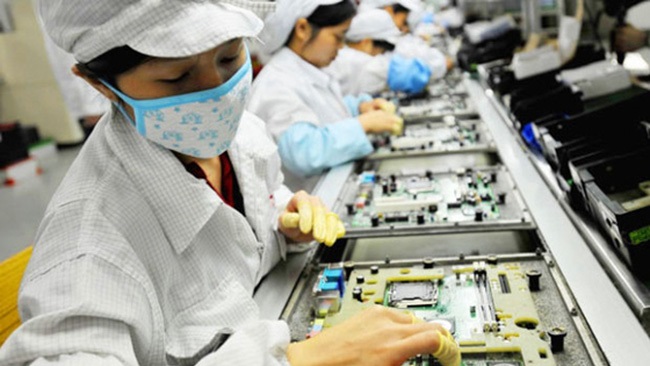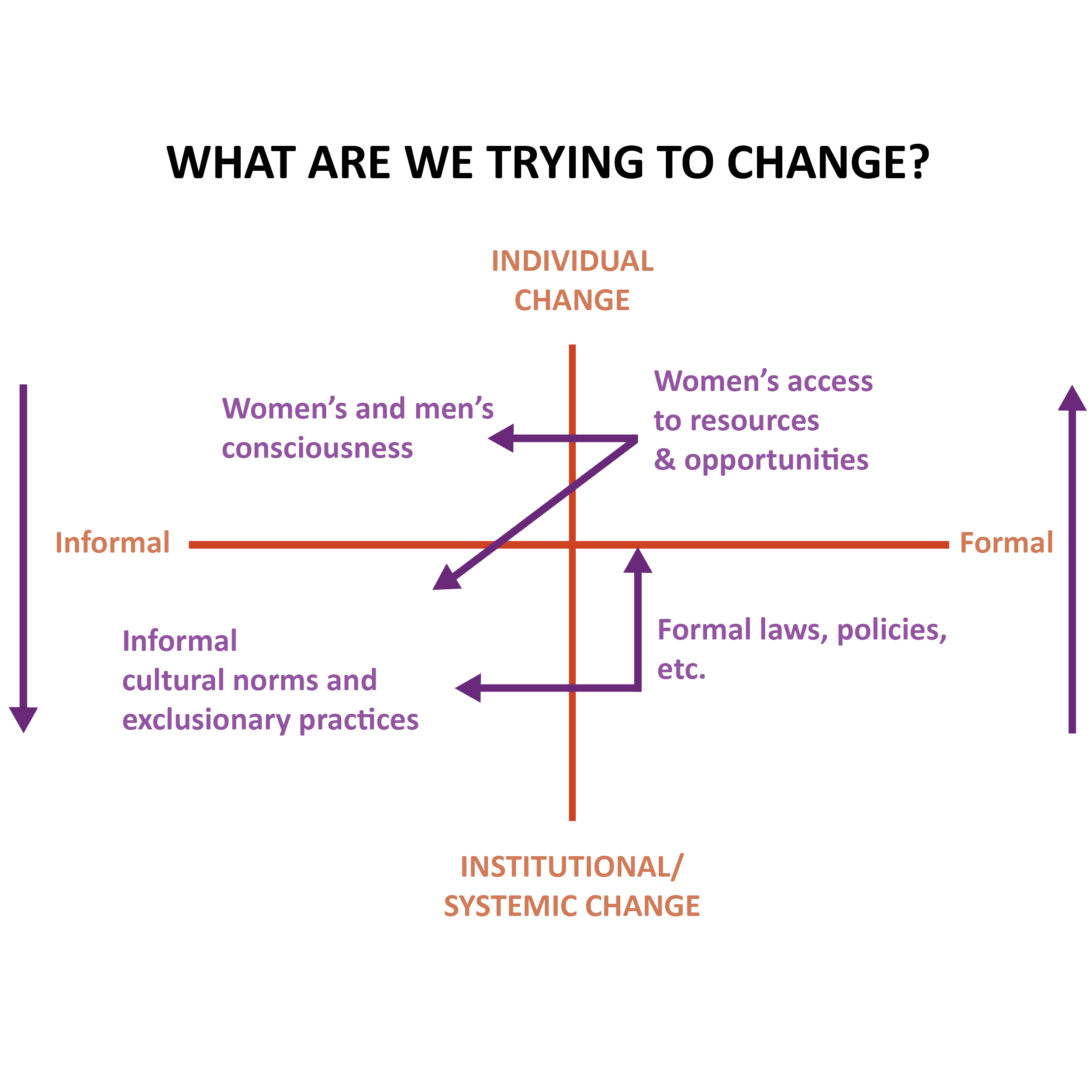Cutting red tape in APA approvals to speed up tax negotiations
The change in APA approval authority is expected to shorten processing time and enhance business proactiveness in international tax negotiations.




The biggest barrier to improve gender equality is often lain in deeply held social norms, beliefs and behaviors, according to Babeth Ngoc Han Lefur, Country Director of Oxfam in Vietnam.

Before participation in the World Economic Forum on ASEAN to be held in Hanoi next week (11-13 September, 2018), Country Director of Oxfam in Vietnam shared about the relevance between business and gender equality.
She emphasized that businesses’ competitive edge does not come only from the maximization of profits; it lies in gender diversity and environmental sustainability that drive business growth.
Globally, more men than women own land, shares and other capital assets, men are paid more for doing the same roles as women, and men are concentrated in higher paid jobs.
Social norms, attitudes and beliefs devalue the status and abilities of women, justify violence and discrimination against them and dictate which jobs they can and cannot expect to hold.
The unpaid care work that hugely contributes to the world’s economic prosperity is unrecognized and unrewarded, keeping women subordinate and restrained in their choices.
In the social enterprise sector, Southeast Asia is leading the way on pay parity and leadership opportunities for women compared to all other regions, and yet women in Asia earn a fraction of men’s wages and are more likely to be paid below the minimum wage.

Vietnam is said to have among the most progressive gender equality laws in Asia. It was among the first countries to ratify the UN’s CEDAW convention on women’s rights in 1982.
Vietnamese women’s labour force participation of over 73% is one of the highest in the region. And yet Vietnamese women are mostly found in unskilled and untrained labour-intensive sectors.
They earn 33 per cent less on average than their male counterparts in all fields, with the biggest difference of 43 per cent found in agriculture and foreign companies. In government, only one out of 20 ministers is female, and 89 out of 1,048 department directors.
There is compelling evidence that women in leadership in companies drives profits and gives businesses a competitive edge. On a national level, greater gender equality in the workforce provides enormous macroeconomic opportunity.
The McKinsey Global Institute asserted in 2015 that if women participated equally in the global economy, they could generate additional GDP worth $28 trillion by 2025. That amount is roughly equivalent to the size of the Chinese and US economies combined.
Babeth Ngoc Han Lefur said: “Asian business leaders understand that economic equality can only be achieved by ending gender inequalities, but the how is evasive.”
She suggested that government and business leaders must begin by addressing three key barriers to economic equality.

Firstly, agree that the idea that ‘our economic model is gender-neutral’ is a myth. Instead, the policy environment needs to revalue and redistribute care work to end the double burden that many women face.
Secondly, women’s economic empowerment is a practical selling point for companies and business but is not enough to demonstrate a commitment to change corporate culture - the entrenched structures that undermine women’s access to resources, assets, and leadership positions.
The biggest barrier to change is often the deeply held social norms, beliefs and behaviours within companies and organizations’ own practices. Policies are important but are valueless if not applied consistently.
According to the Country Director of Oxfam in Vietnam, the legal environment provides a good foundation for companies to develop comprehensive gender policies within their organizations as well as in business operations.
The bigger and more complex task is to enhance gender diversity thinking and culture at the workplace, such as discouraging gender stereotyping, penalising gender discrimination, and promoting values and behaviours of equality and diversity.
Change in informal norms and practices is a long-term process involving power sharing, acceptance of women’s leadership, work-family balance, and inclusive organizational cultures that prioritise learning and prevent harassment and discrimination, emphasized she.
The change in APA approval authority is expected to shorten processing time and enhance business proactiveness in international tax negotiations.
As hybrid cloud systems grow more complex, Vietnamese enterprises are struggling to detect cybersecurity threats moving laterally within their own networks.
The submission of the draft resolution on Vietnam’s international financial center to the National Assembly heralds a new developmental era for the country.
More than just running a 5-star resort, Kristian Petersen is redefining the art of hospitality with a humane and sustainable leadership philosophy.
For Tyna Huynh, co-founder of Drinkizz, organic is not just a food choice but a way of life that fosters a deep connection between people, nature and community.
Embracing respectful workplaces could very well be the key to unlocking a more prosperous future for Vietnam's garment industry.